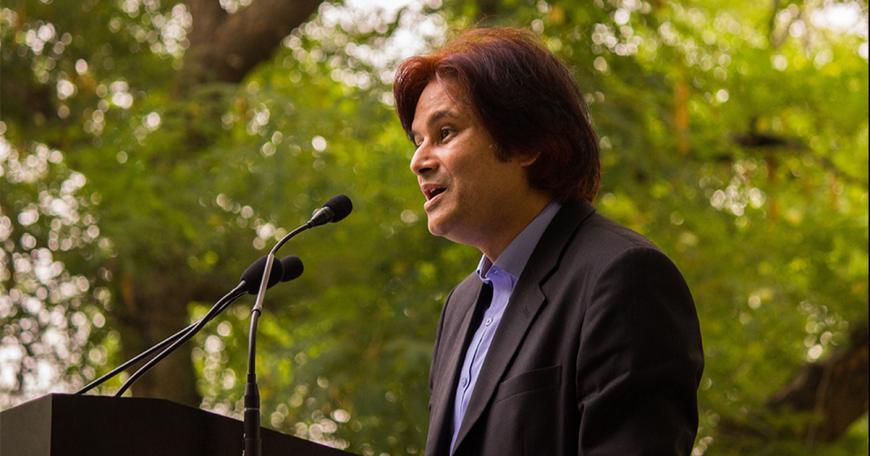Free Speech and Academic Freedom in India and the West

Prof. Shailendra Mehta will look at the traditions of Free Speech and Academic Freedom in India and in the West.
Two streams join to form the Western Tradition – the Greek and the Christian. In both traditions there exist significant tensions when it comes to freedom on enquiry. This is evident in Homer, Socrates, Plato and Libanius as also in Milton, Mill and Kant continuing right up until Bertrand Russell and others in modern times. In each case there are significant restrictions on expression.
By contrast, pluralism is enshrined in the oldest Indian texts – the Rig Veda which is from some period before 1500 BC right up until the Upanishads in the 7th century BC. From there a line is traced through the edicts of Ashoka in the 3rd Century BC and eyewitness accounts of debates in ancient Indian Universities left by Chinese and Tibetan travelers of free public gatherings and discussions in the universities of Nalanda and Vikramashila in ancient India. This tradition of free enquiry continued during the medieval period with Akbar and Dara Shikoh, but then declines.
Mehta will close with a philosophical perspective on pluralism and freedom of enquiry as enunciated by a recently discovered seminal text by a medieval Indian scholar, Mallavadin.
Shailendra Raj Mehta is President and Director of MICA in Ahmedabad, India, where he is also Distinguished Professor of Innovation and Entrepreneurship. His work has mostly been in the areas of Economics and Strategy and in the design of institutions, especially universities.
Read MIT student Zoya Fan's reflections on Mehta's presentation.

